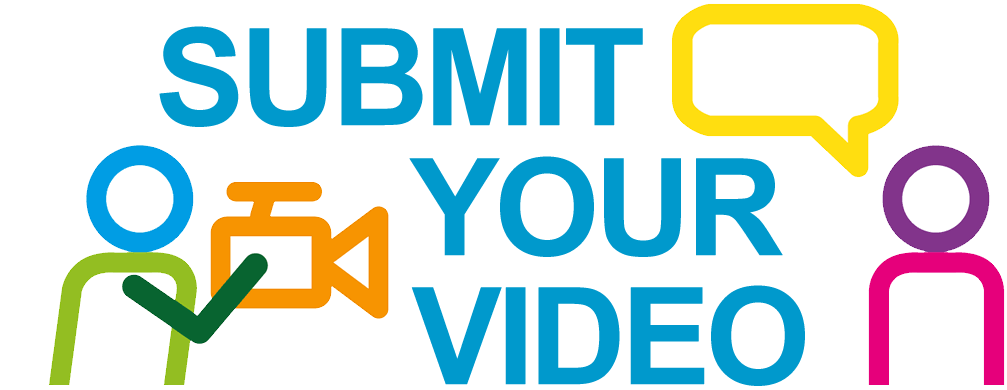
As part of the preparations for the Colloquium a short video compilation was created featuring personal stories from migrants (from other regions of the country or other countries) who learned a regional or minority language (RML) during their education.
The purpose of the video is to showcase real-life experiences and highlight how learning an RML has positively impacted individuals – personally, socially, and professionally. These voices will help bring the colloquium’s theme to life and promote inclusive, plurilingual education.
We continue to look for potential video contributions for the Centre's ongoing work in this area in 2026-28. Please contact us if you would like to support this initiative ([email protected]) !
Send us your video!